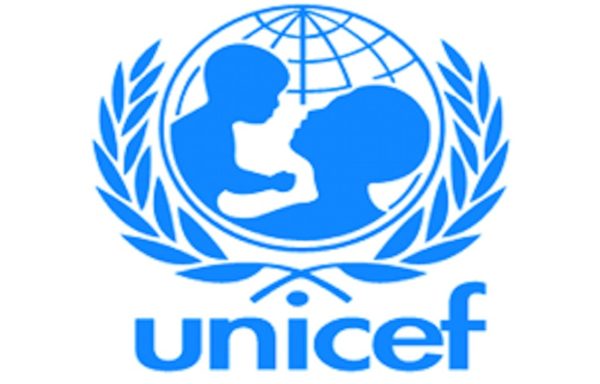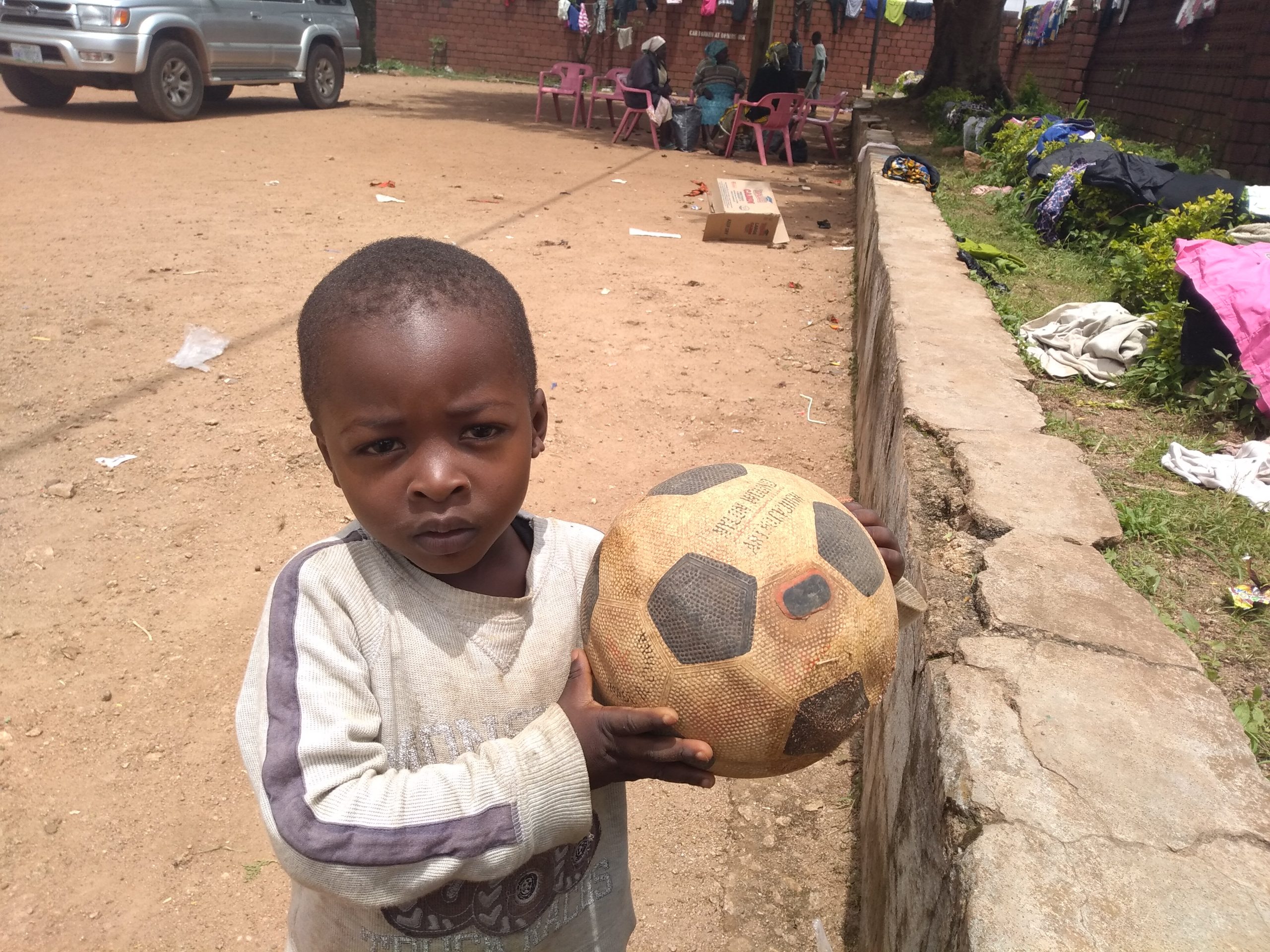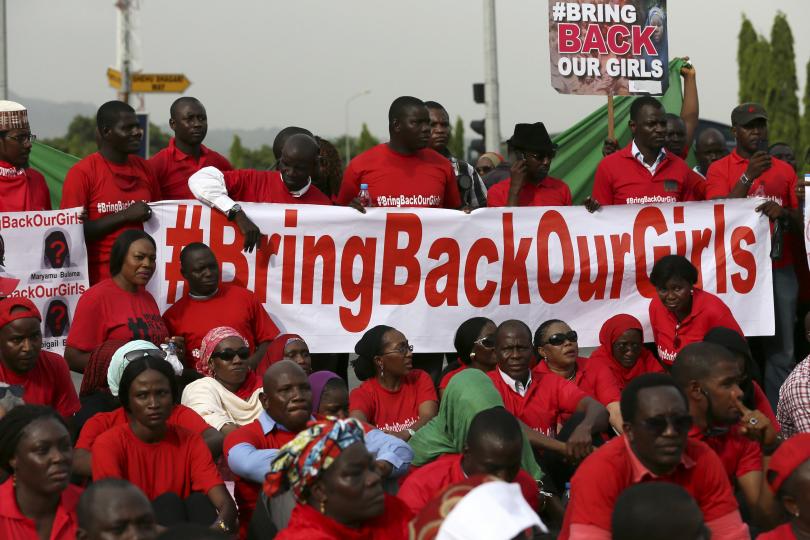The United Nations Children’s Fund (UNICEF) has appointed the internationally acclaimed and award-winning Nigerian musician, producer and songwriter, Cobhams Asuquo, as its National Ambassador.
UNICEF Nigeria Representative, Mr Peter Hawkins, announced the appointment in a statement made available to the News Agency of Nigeria (NAN) in Kaduna on Wednesday.
Hawkins said that the appointment made the celebrated artist UNICEF Nigeria’s first National Ambassador in the last 15 years.
Asuquo, a lawyer by training, is a singer and musician who shot to fame when he produced the debut album of Nigerian soul sensation “Asa”.
This include Asa’s hit singles, “Fire on the Mountain” and “Jailer”.
Hawkins explained that as UNICEF National Ambassador, Asuquo would help raise awareness on concerns around children’s rights and solutions, including issues around birth registration, immunisation, education and protection from violence.
“I am delighted to welcome Asuquo to the UNICEF family, particularly on Nigerian Children’s Day, dedicated to every Nigerian child, to give them a better place to survive, thrive and develop.
“May 27 was set aside to celebrate the importance of children in Nigeria, providing the opportunity to policymakers and families to focus on the holistic development of young Nigerians,” Hawkins explained.
He said that Asuquo had been supporting UNICEF to raise awareness on children’s and youth issues.
“He had supported UNICEF Nigeria’s work since 2019, including producing the hits ‘I am a Nigeria Child (For Every Child)’, calling for every Nigerian child’s rights to be respected and protected.
“He also produced the song ‘We go Win (Corona)’, to raise awareness on how Nigerians can protect themselves from COVID-19.
“Asuquo had also produced the song ‘Tell Everybody’ back in 2015 to raise awareness of the Sustainable Development Goals, as part of the UN Global Goals campaign,” Hawkins said.
The UNICEF representative expressed optimism that the national ambassador would continue to use his singing, passion and dedication to defend the rights of vulnerable children and young people in Nigeria.
Hawkins quoted Asuquo as saying: “It’s a huge honour to become a UNICEF Nigeria Ambassador.
“I am thrilled to join the list of UNICEF Goodwill Ambassadors around the world, supporting the protection and promotion of children’s rights.
“I am passionate about children’s rights, and I am passionate about Nigeria – and securing its future and the only way we can truly do that is through ensuring every child fulfilled their potential.
“I look forward to making my contribution to the improvement of the lives of Nigerian children and young people.”



